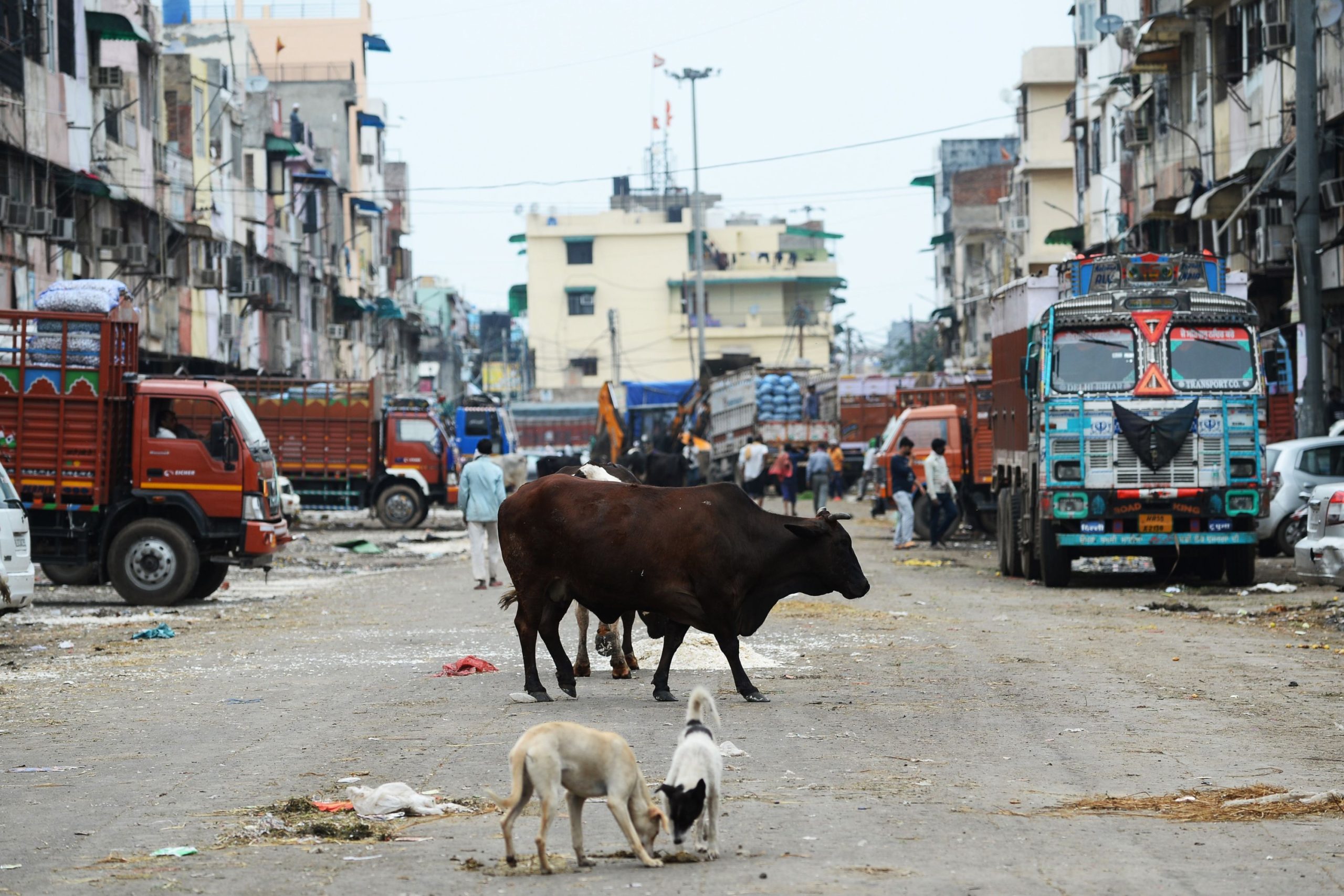Constitutional Provisions The right to education for children is enshrined in various international and national laws, including the United Nations Convention on the Rights of the Child (UNCRC) and the Indian Constitution. Article 26 of the UNCRC recognizes the right of every child to an education, which should be directed to the development of the child’s personality, talents, and mental and physical abilities to their fullest potential. The Indian Constitution also recognizes the right to education as a fundamental right under Article 21A, which was inserted by the 86th Amendment Act in 2002. This amendment made free and compulsory education a fundamental right for children between the ages of 6 and 14 years. Importance of Right to Education for Children The right to education for children is essential for their overall development and growth. Education equips children with the knowledge, skills, and values that are necessary to lead a productive and fulfilling life. It also empowers them to make informed choices, exercise their rights, and participate in the development of their communities. Education is also a powerful tool for reducing poverty, promoting gender equality, and creating opportunities for sustainable development. Conclusion The right to education for children is a fundamental right that is enshrined in various international and national laws. It is essential for their overall development and growth and plays a crucial role in shaping the future of our society. Therefore, it is the responsibility of every government to ensure that every child has access to quality education that …
Support the Ukrainian Crisis! We have a special fund for high impact Gives addressing Ukraine and refugees fleeing the country!





